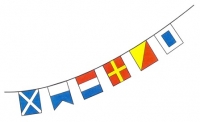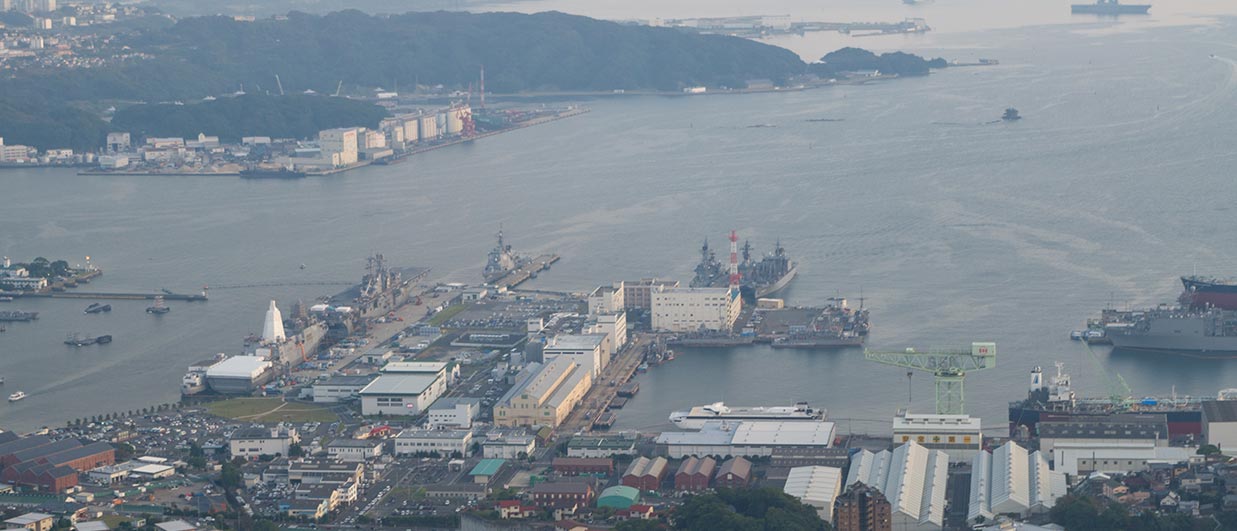MATROS
 Project’s lifetime: July 1999 – June 2001
Project’s lifetime: July 1999 – June 2001
Budget: 394 300 EUR
Project MATROS (Maritime Transportation System in the Baltic Sea Region from a Spatial Development Perspective) had 11 partners of 9 countries. The Lead Partner of the project was SIKA – the Swedish Institute for Transport and Communications Analysis.
The project developed spatial planning and transport infrastructure planning methods for an integrated maritime transport system in the BSR.
THE BASIC INFORMATION ABOUT MATROS PROJECT:
The MATROS project developed a common strategic framework for maritime transport in the BSR, taking into account the specific spatial structure of the BSR and the role of port cities in regional development and the dependence of maritime transport on specific port-hinterland connections. The concept was based on a thorough assessment of the present maritime system, including its environmental impacts and expected trends.
The project was based on the following five elements:
- A common understanding of driving forces and challenges
- The basic values and objectives
- A vision for maritime transport in the Baltic Sea Region
- A strategy
- A short term action programme
The ports of Copenhagen, Gdansk, Helsinki, and Liepaja were study cases in the project. The purpose of the studies was to give some good examples of port planning, but also to provide a deeper understanding of the challenges of planning, democratic dialogue, communication, and interaction between different planning levels and sectors.
GENERAL OBJECTIVES:
- Deploy actors in many roles and of many policy sectors to ensure deliberate and concerted action.
- The challenge of our vision, our analyses clearly shows, calls for cross-sectoral and transnational strategic action.
- The institutions of the BSR maritime system should move in the direction of clarifying the policy role of defining the rules of the game as well as clarifying the rules themselves. This role would have to be clearly separated from the role of policy actors as players in the game.
- The future Baltic Sea should be an open arena for sea transport meeting criteria for fair play and code of conduct that are jointly agreed upon. However, the openness of the BSR should not prevent efficient safety and environmental policies to be pursued.
- Consistent and well-defined regulatory frameworks, supported by efficient institutions and clearly communicated to all actors using the Baltic Sea maritime transport system, are fundamental for moving towards the vision.
- A common framework for the provision and charging of maritime related infrastructure (fairways, ports, ice-breaking assistance etc.) should be defined for the BSR with due regard to EU principles and policy.
- Alternative corridor structures for bulk-goods in the BSR should be evaluated with due consideration to environmental issues, external effects and changing policy frameworks.
